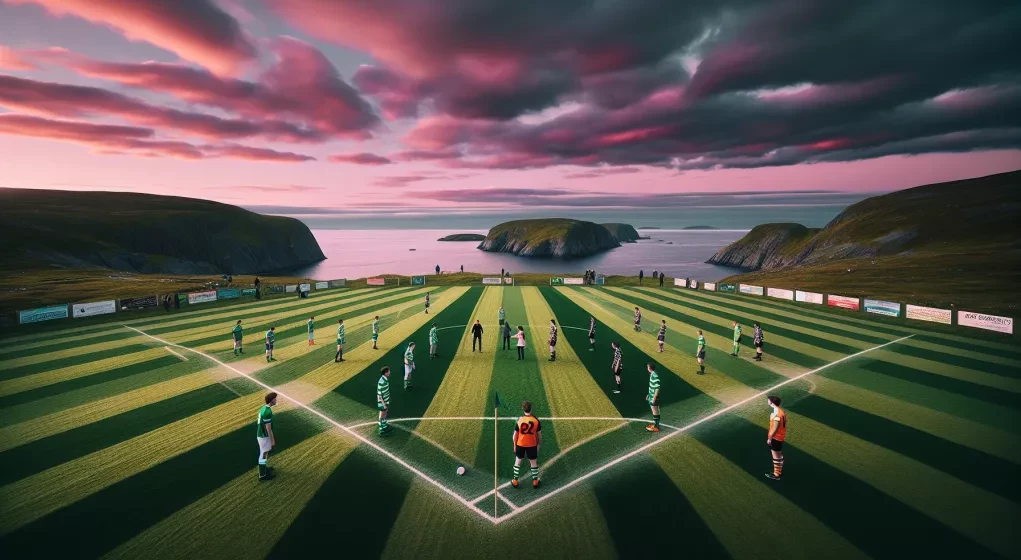In the frosty outpost of Newfoundland and Labrador, a controversy simmers hotter than a Zamboni’s engine—the venerated tradition of post-game handshakes in minor hockey is no more. This seismic shift in decorum has pitted none other than the Premier against a local ice rink chieftain, each guarding the goal of sportsmanship but skating on opposite directions of the ice.
Premier Andrew Furey is less than thrilled, to put it mildly. He sees the handshake not merely as a ritual, but as a crucible where the young gladiators of the rink learn the noble art of sportsmanship, a chance to show grace in the shadow of the scoreboard. With a stroke of his pen, Premier Furey dispatches a missive to Hockey NL, urging them to throw this decision into the penalty box and rethink the implications of casting away such a profound teaching moment.
But there’s another player on this ice—a figure who knows the sharp edge of a skate and the sting of a check against the boards—Andrew McKim, the proprietor of Xtreme Hockey and a storied veteran of the NHL’s fierce spotlight. McKim stands in firm defense of removing the handshake, not out of a disdain for tradition, but out of a concern for safety. To him, the ritual has become a powder keg at the end of a combustible contest, more often sparking conflict than camaraderie among young players still struggling to leash their competitive spirits.
McKim sees the officials, often young warriors themselves, caught in a tangle of nearly 40 combatants post-battle. Their task—to maintain order where tempers and testosterone vie for dominance. According to McKim, the post-game emotional tempest is simply too much. “It’s a tough game,” he concedes, acknowledging the steep path both players and their guardians tread in search of emotional sportsmanship.
Hockey NL has sent ripples throughout the province with their memo, with item number four detonating a conversational grenade. No more handshakes—instead, a pre-game nod to sportsmanship, a skate-by salute, the local team at their bench and the visitors offering a glove tap or handshake. It’s a new protocol set to glide across the ice after the holiday truce.
Amidst the rising chorus of opinions, Hockey NL dekes with a clarification: this is but a ‘trial change,’ an experiment in sportsmanship etiquette positioning the handshake before the puck drops. They look to soccer, where good fortune’s wishes are exchanged before the opening whistle, suggesting it might temper the game’s genetic propensity for post-competition flare-ups.
Nevertheless, the decision stands under review—like a disputed goal waiting for the call. It’s a dialogue that transcends the chill of the rink; it skates along the thin ice of tradition versus progression, the delicate balance of teaching respect and maintaining peace.
As the discussions circle, the echoes of hockey sticks and pucks ricochet off these northern walls, and one can’t help but reflect: Whether a handshake comes before the game or never at all, the greatest lesson lays not within the grip of hands but within the handshake of the heart.






